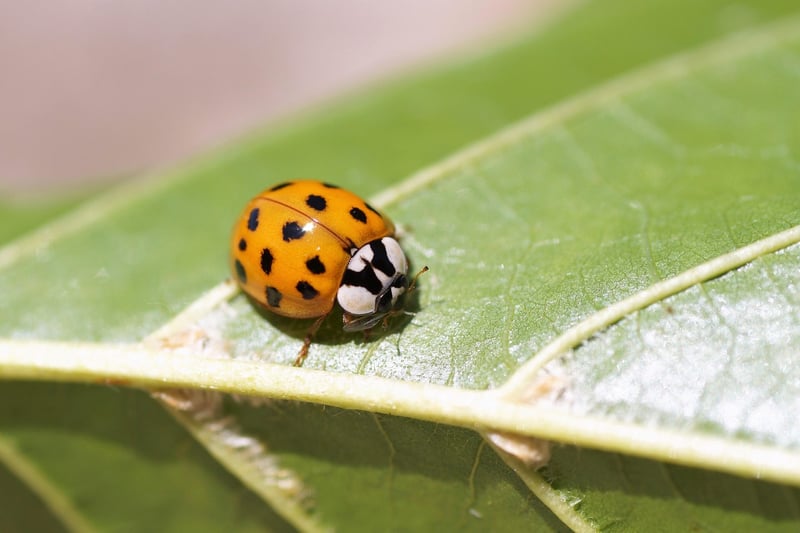Preventive Measures
Protecting Plants from Pests: Preventive Measures
Keeping your plants healthy and thriving involves more than just watering and sunlight. Pests can wreak havoc on your garden, destroying all your hard work. To protect your plants from pests, it's essential to take preventive measures. Here are some effective ways to keep your plants safe and pest-free:
1. Choose Resistant Plant Varieties
Start by selecting plant varieties that are known to be resistant to common pests in your area. Resistant plants are less likely to attract pests and are better equipped to withstand any potential attacks.
2. Maintain Good Garden Hygiene
Keep your garden clean by removing any dead or diseased plants, fallen leaves, and garden debris. Pests often hide in decaying plant matter, so regular cleaning can help prevent infestations.
3. Rotate Crops
Rotating your crops each season can help disrupt the life cycle of pests and prevent them from establishing a permanent presence in your garden. It also helps maintain soil fertility and reduces the risk of nutrient depletion.
4. Use Natural Predators
Encourage beneficial insects like ladybugs, lacewings, and parasitic wasps to inhabit your garden. These natural predators feed on common garden pests, helping to keep their populations in check.
5. Practice Companion Planting
Planting certain combinations of flowers, herbs, and vegetables together can help deter pests. For example, marigolds repel nematodes, while basil can protect tomatoes from whiteflies.
6. Implement Physical Barriers
Use physical barriers like row covers, netting, or fences to protect your plants from pests. These barriers can prevent insects, birds, and other animals from reaching your crops.
7. Organic Pest Control
Consider using organic pest control methods such as neem oil, diatomaceous earth, or insecticidal soap. These natural remedies are safer for the environment and can effectively control common garden pests.
8. Monitor Your Plants
Regularly inspect your plants for signs of pest infestations, such as chewed leaves, holes, or wilting. Early detection allows you to take action before the problem escalates.
By following these preventive measures, you can protect your plants from pests and ensure a healthy, thriving garden. Remember that a little effort upfront can save you from dealing with major pest problems later on.

Image source: Pixabay
